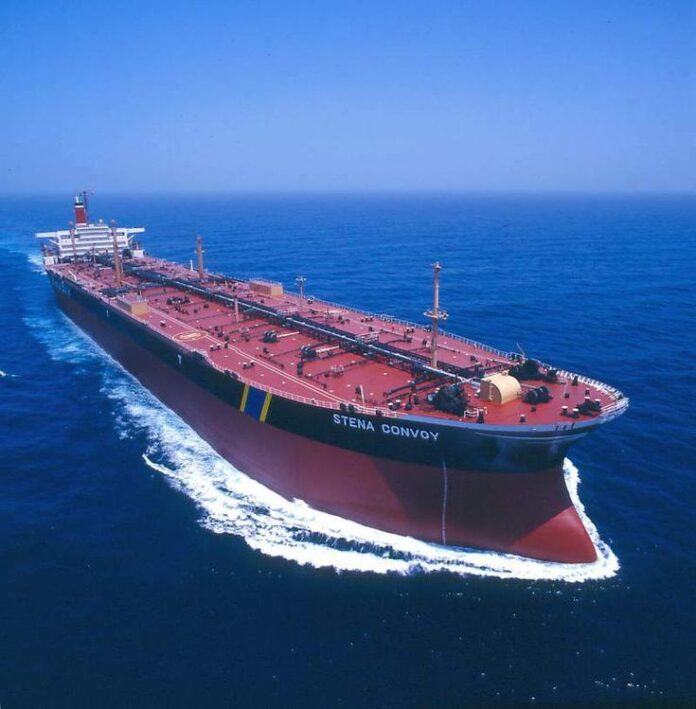As tensions between Iran and Israel push the Middle East deeper into crisis, the ripple effects are reaching far and wide — and Pakistan is feeling the heat. While daily life may seem normal for now — filling up your tank, scrolling headlines, or speculating about petrol prices — there’s a lot more going on behind the scenes, and it’s a bit unsettling.
What’s Being Done?
In response to the growing uncertainty, Pakistan’s Oil and Gas Regulatory Authority (OGRA) has taken swift action. All oil marketing companies have been ordered to maintain at least 20 days’ worth of fuel reserves. This isn’t alarmism — it’s a precautionary strategy to ensure that fuel availability remains uninterrupted, even if global supply chains are strained.
Additionally, the government has fast-tracked the import of 140 million litres of petrol. Half of that — 70 million litres — is set to arrive much earlier than expected, now scheduled for June 26 instead of July 6.
Shipping Trouble & Rising Costs
On the logistics side, fuel transport has become significantly more expensive and complicated. Freight charges have surged by 15%, and insurance premiums for each tanker journey have increased from $15,000 to $22,000 due to heightened risks near the Strait of Hormuz — a critical oil transit route. There have even been reports of GPS interference, forcing tankers to delay entry into the strait, making navigation treacherous and timelines unpredictable.
Are Petrol Prices Going Up?
Most likely, yes.
Global oil prices have already jumped by 16%, and since Pakistan relies heavily on imported fuel, higher international costs are expected to be passed on to consumers. The government has confirmed that it will not reduce the Petroleum Development Levy (PDL), meaning any spike in crude prices will be directly reflected at the pump.
To manage the situation, a high-level government committee has been formed to monitor fuel prices and reserves on a daily basis. However, if the conflict escalates further, there’s a limit to how much price shocks can be contained.
Why It Matters
This crisis isn’t just about fuel. It affects everything from Pakistan’s trade balance to its budget deficit. With rising import bills and a fragile economy, policymakers are walking a tightrope. Economic stability is at stake, and there’s growing concern that the fallout could widen existing financial gaps.
The Bottom Line
Pakistan is bracing for impact — and doing what it can:
- Emergency petrol imports are underway.
- Fuel reserves are being stockpiled.
- Shipping costs are rising.
- Fuel prices are likely to follow.
But for now, supply remains stable. Pumps aren’t running dry, and authorities are on high alert.
This moment is about more than oil — it’s about resilience. Pakistan has weathered tough storms before, and with steady leadership, cooperation, and preparation, it can navigate this one too.
Stay informed. Stay calm. And maybe don’t wait until your tank hits empty.



